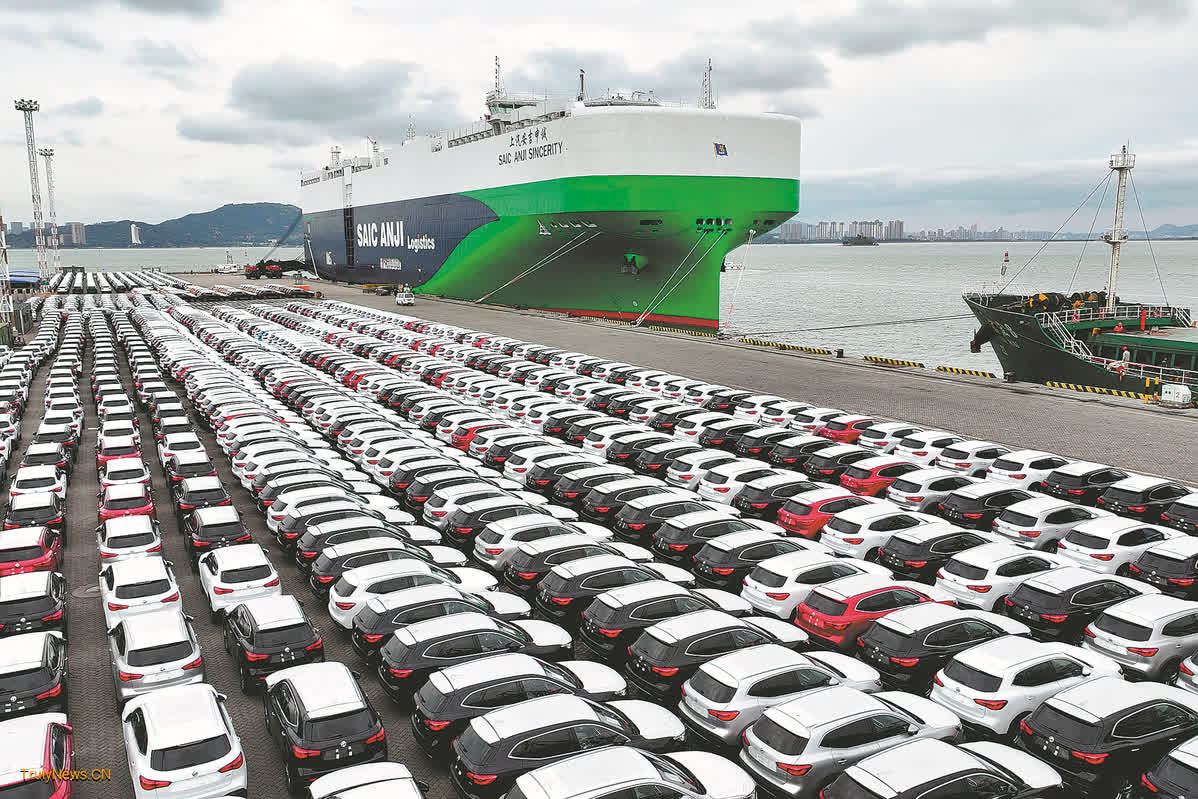
Canada has announced that it will slap 100 percent tariffs on imports of Chinese-made electric vehicles claiming government subsidies give Chinese manufacturers an unfair advantage.
The decision was announced on Monday after a Sunday meeting between Canadian Prime Minister Justin Trudeau and visiting US National Security Advisor Jake Sullivan, who encouraged Ottawa to take a “coordinated approach” with Washington.
Canada will also impose a 25 percent tariff on Chinese steel and aluminum, and launch a 30-day consultation about possible tariffs on Chinese batteries, battery parts, semiconductors, critical minerals, metals and solar panels, which, if approved, means Canada is simply copying the US’ protectionist policies targeting Chinese imports.
The tariffs not only show the willingness of the Trudeau government to do Washington’s bidding, but also the “let’s see what we can get agenda” of Sullivan who is now on a three-day visit to Beijing.
The Canadian tariff rate on Chinese EVs will match that of the United States, and is tantamount to closing the door on Chinese EVs, which have a cost-performance advantage in the market. That originates from Chinese companies’ long-term inputs in the R&D of the power batteries and other core technologies related to EVs, as well as the fierce competition among them based on China’s superlarge manufacturing base and consumer market.
By blindly following Washington’s lead, the Trudeau government is doing nothing but preventing Canadian consumers from buying quality EVs sold at reasonable prices and hindering the country’s green transition. It will be the Canadian people that pay for their government’s Washington-correctness.
That some Canadians have raised concerns about their country’s agricultural and husbandry products, such as barley and pork, being targeted by China in retaliation for their government’s politically motivated trade moves indicates not only the possible Chinese response but also the collateral damage that will be incurred by Ottawa’s blind pro-US stance at the cost of Canada’s national interests.
The Canadian leader once lambasted the previous US administration’s protectionist tariffs targeting Canada’s exports to the US. Yet he is doing exactly the same thing now. And it is US-made EV makers that will be the beneficiaries of the Canadian tariffs.
During her visit to Beijing last month, Canadian Minister of Foreign Affairs Melanie Joly told her Chinese counterpart that Canada is willing to actively and pragmatically improve and develop relations with China, and is ready to strengthen cooperation in fields such as the economy and trade, climate change and environmental protection to achieve mutually beneficial development.
The punitive tariffs Canada has imposed and is considering levying on Chinese imports contradict that claim.